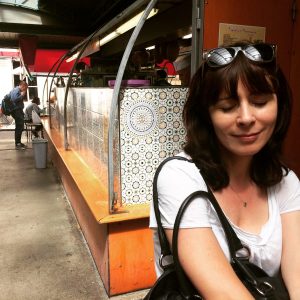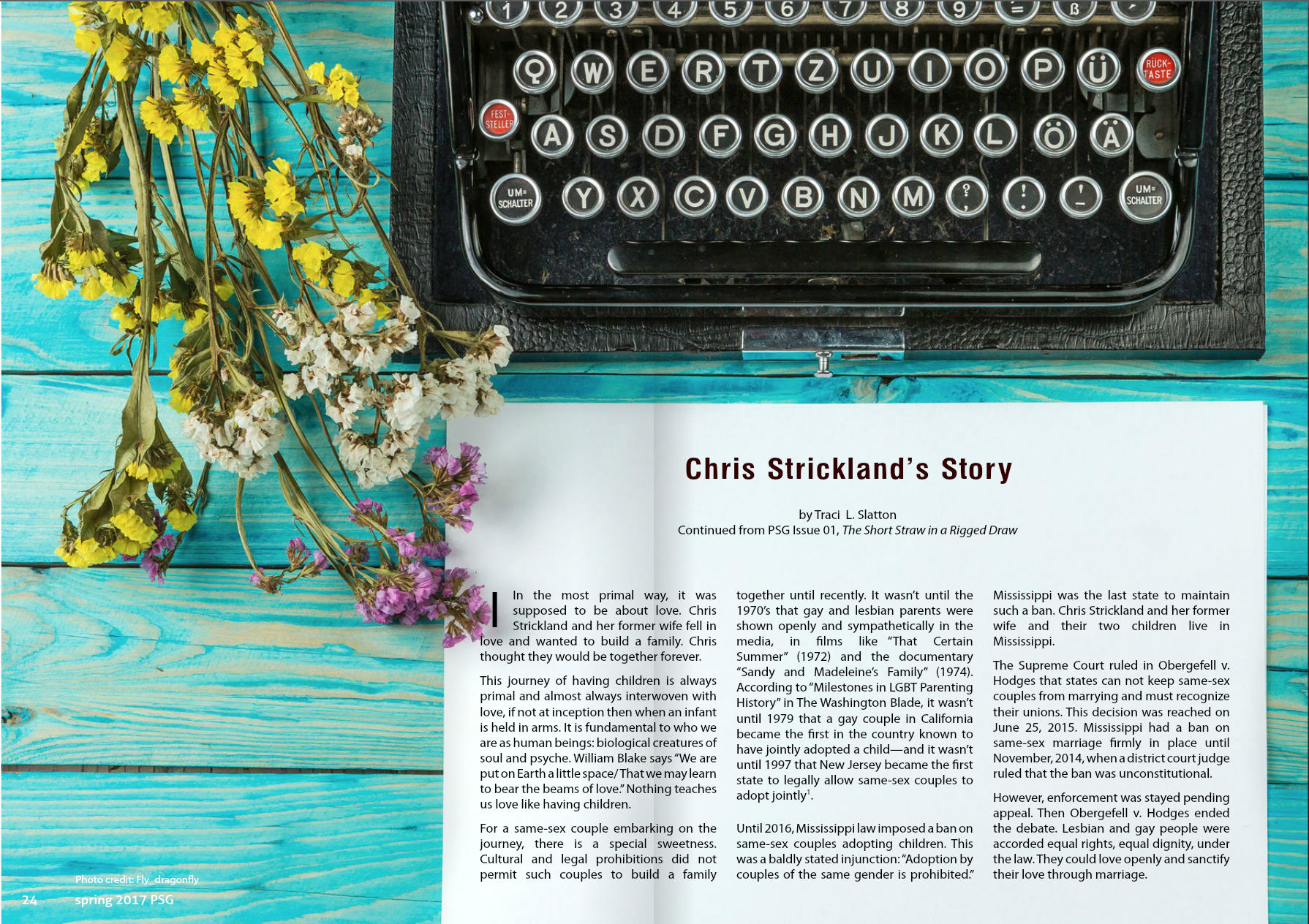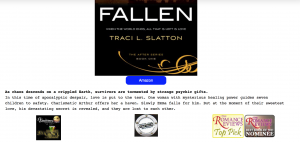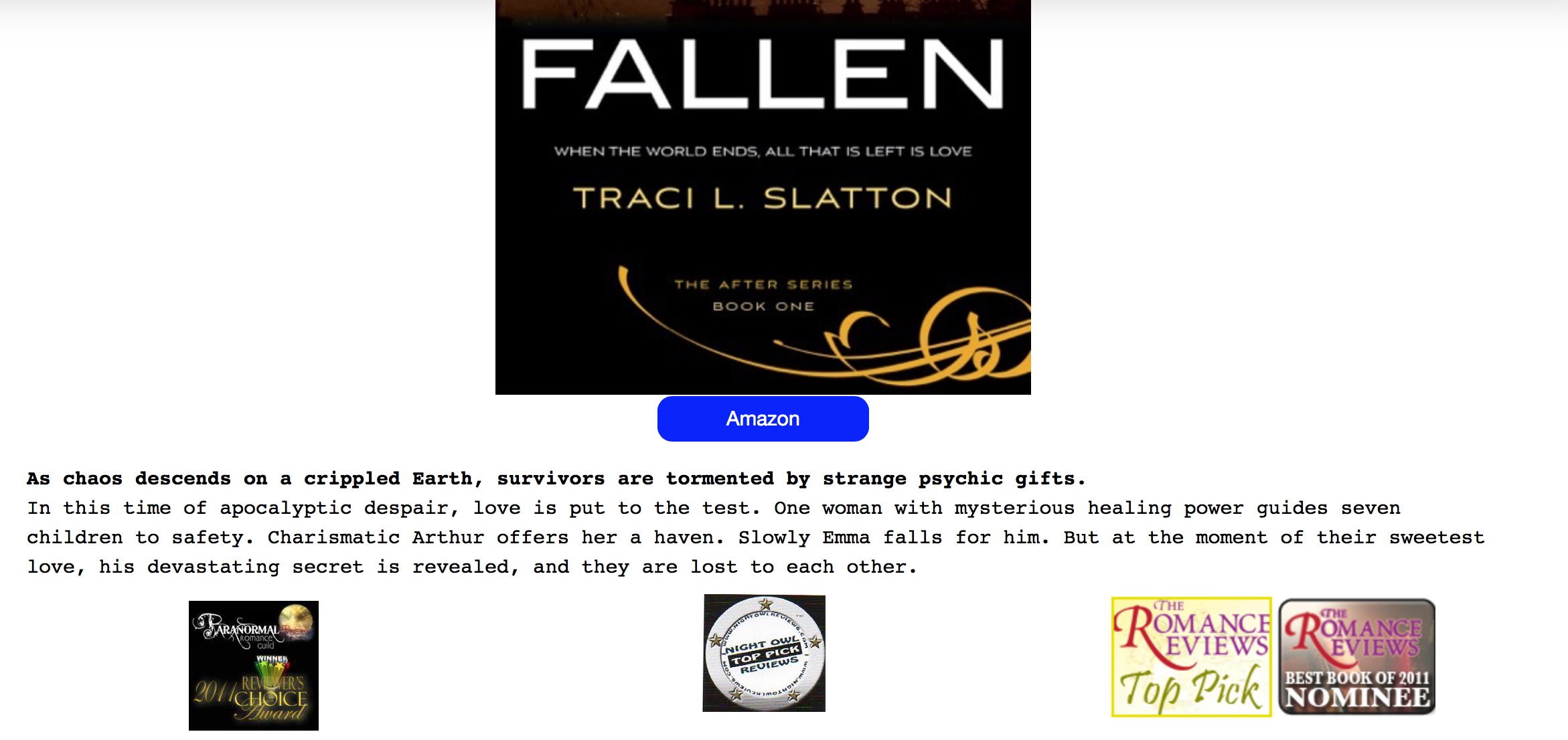Snooty rich women are everywhere, including New Zealand
Places change but people don’t.
A recent trip to Wellington showed me the commonality of human traits, especially foibles. In a land where people pride themselves on being non-materialistic and friendly, I got to experience the same self-aggrandizing arrogance that I see in New York city.
Here in the Big Apple, my daughter attends an excellent school. Many of the students are the privileged scions of Masters of the Universe. Now, most of the kids are lovely people, and most of the parents are lovely and congenial. There are many kind, decent people who happen to be wealthy. Even enormously so.
And then there are the moms who’ve known me for the eight years since our children were in kindergarten together–and they still look at me every time they see me as if they’ve never met me before.
What makes them so special? It mystifies me.
An experience last fall illustrated this point. My daughter was doing a project with another girl at the girl’s house. I went to pick up my daughter. I stood in the entry foyer of the 20,000 square foot, marble-floored Park Avenue apartment, waiting. It became clear that the girls were finishing slowly. Reluctantly, the mom invited me in. She spent the next half-hour talking exclusively about herself. She didn’t pause in her self-recitation to ask one single question about me.
I walked out laughing, because, really, such enormous self-absorption is funny.
Cut to Wellington, New Zealand, where my husband worked for six months. Our daughter spent a month with him, attending school there. It was a great adventure for her to see how Kiwis live and to immerse herself in another culture for a month.
But people are people in all cultures.
My husband’s landlady had hosted my daughter every day for the month of August when she was there; she would climb 20 yards up the hill to their house and play with their daughter. The landlady and her husband, an enormously successful entrepreneur, hosted my husband for dinner twenty times. But when I arrived, they pretended I didn’t exist.
It is true that they, along with several other people in Wellington, were trying to break up our marriage. I overheard the husband on speakerphone dissing our marriage before we returned to New Zealand together for my husband to finish his work.
I spent some weeks with my husband in Wellington. No word from the rich folks up the hill who had been so inclusive to my daughter and my husband.
The last week, I bought a pastry and climbed the hill and introduced myself to the rich lady. I gave her the pastry and said, “I’d like to thank you for your kindness to my daughter and my husband.”
She spent the next fifteen minutes talking about herself.
I took my leave and climbed back down to the house my husband had rented, thinking I had found a snooty Park Avenue lady in Wellington, NZ.
I felt badly for my husband, because he had actually considered these people friends. Their treatment of me, his wife, proved that they weren’t. In the eyes of God and the law, he and I are one person. How people treat me is how they are treating him. He had a day of heart-ache about it. Then he let go of those snooty folks.
It is hurtful when people treat me badly. I feel pain and sadness when people are nasty to me.
Because of the 9000 mile separation, and because of other issues before he left to do the project, my husband and I had reached a dark place in our marriage. He had vocalized his upset to people in Wellington. In the short time he was there, he had reached out to many people and built a community for himself.
It was clear to me that his real friends were the people who welcomed me. The people who truly cared about him were the ones who said, “Fix your marriage. You’ve been nearly 20 years with your wife. You have a child with her.” These are the people who were able to take a nuanced view of what he said, the people mature enough to understand that there are two sides to every story. Those were the people who value marriage and who understand that a long marriage goes through long cycles, and that the imperative is to return to the marriage and to work at it until you fall back in love with your spouse.
It would have been wonderful–and I think correct–if the wealthy people up the hill had invited me for a drink within a few days of my arrival. It would have been kind and humane.
Of course, I know that how people treat me is a reflection of them, not of me. Their behavior reveals them. It’s not about me at all.
But I still felt hurt to be treated so shabbily. Wellington, New Zealand, left my heart with some scars that won’t heal quickly.
For the image for this blog piece, I have selected an image of myself. This was taken in Paris last year. A writing partner whom I love took this photo. It goes along with this post because in the picture, I am vulnerable.
